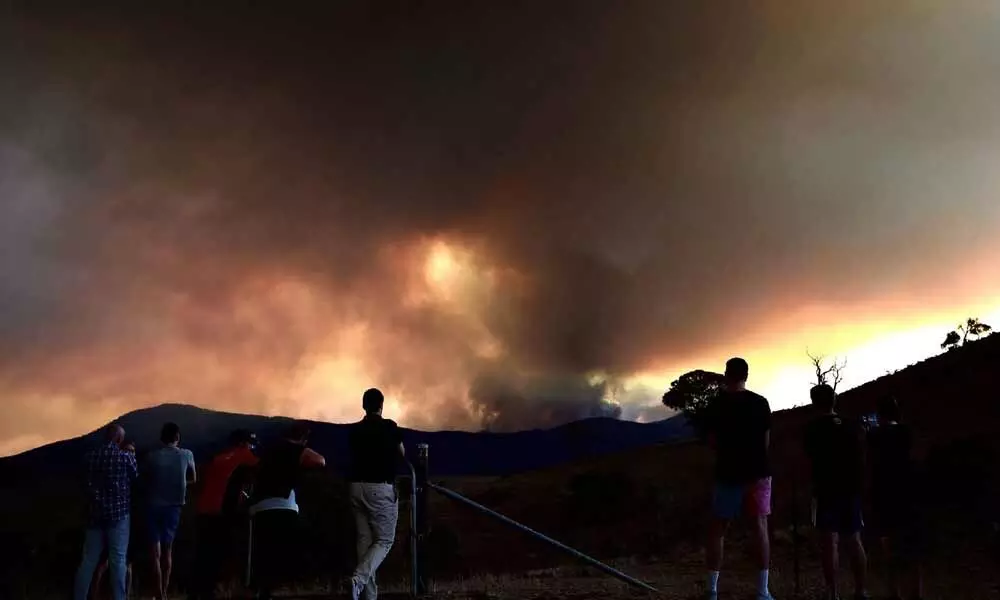Australia should expect 'worse' bushfires in future

Australia should expect 'worse' bushfires in future (Photo/IANS)
An inquiry into the devastating 2019-20 Australian bushfires has found that the country should expect "worse" in the years to come, it was revealed on Tuesday.
Canberra: An inquiry into the devastating 2019-20 Australian bushfires has found that the country should expect "worse" in the years to come, it was revealed on Tuesday.
The review which looked at the worst-hit state of New South Wales (NSW), made sweeping proposals aimed at better preparing for future fire seasons, the BBC reported.
The blazes began last August and burned for months, killing 33 people across the country and scorching vast areas.
The NSW state government said it would adopt the inquiry's 76 recommendations.
The "extreme and extremely unusual" bushfires destroyed 2,476 houses and 5.5 million hectares of land in thet state alone, according to the NSW Bushfire Inquiry report.
"It showed us bushfires through forested regions on a scale that we have not seen in Australia in recorded history, and fire behaviour that took even experienced firefighters by surprise."
The main causes were a drought which had made the land extremely dry and ready to burn, hot and windy weather, and climate change.
On Tuesday, NSW Premier Gladys Berejiklian said: "The next fire season is already upon us."
NSW has seen winter blazes this month, though none have posed a significant threat.
The inquiry report also noted an alarming rise in fire-generated storms - the most dangerous type of blaze, the BBC reported.
Of the 90 recorded since the early 1980s, a third took place in 2019.
Overall, most bushfires were caused by lightning strikes and embers from other blazes.
There were just 11 instances of people deliberately attempting to light bushfires, reinforcing that arson was wrongly overstated by some people as a significant cause of the crisis.
It added that this year's season was unlikely to be as severe.











